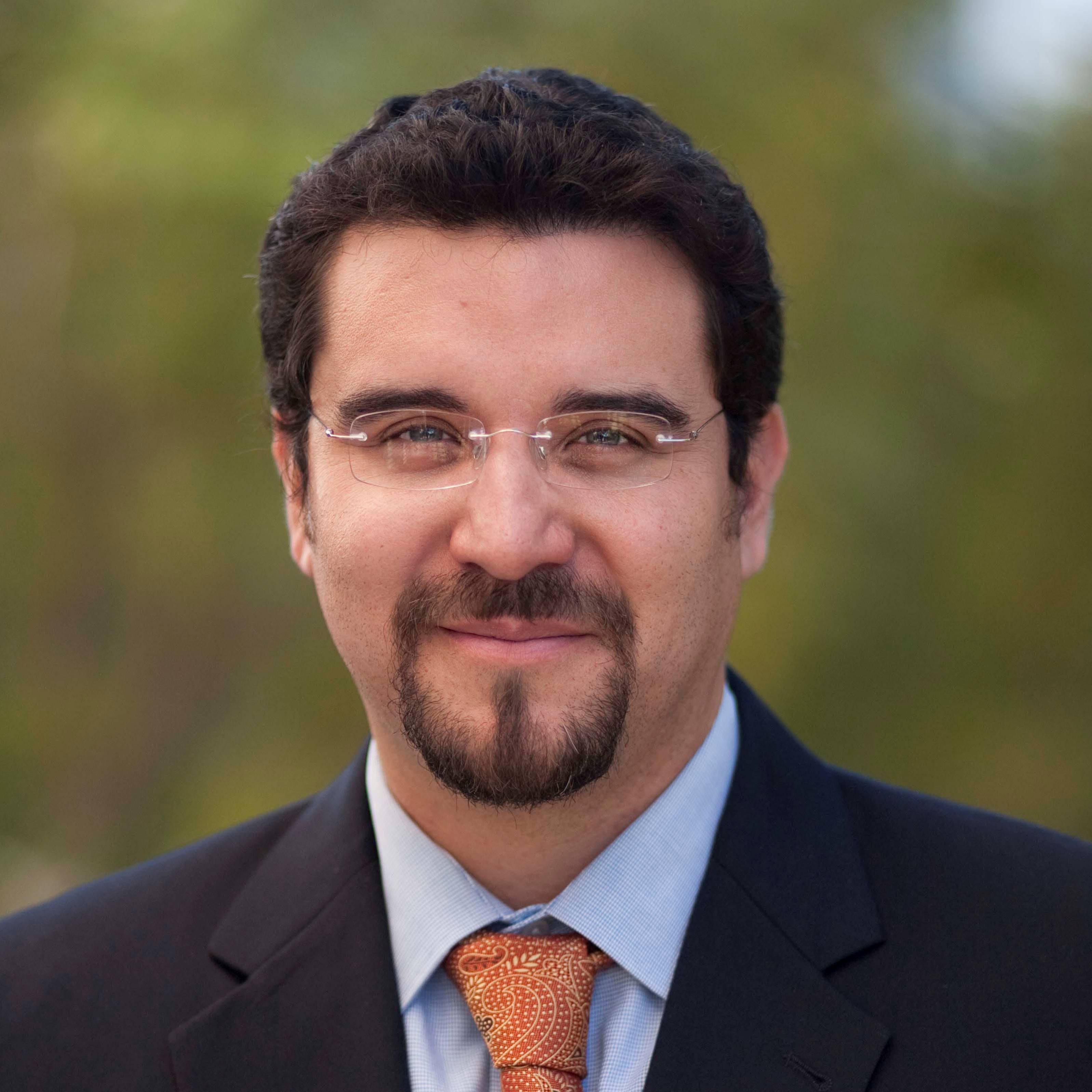Why Neutrality Is Not Helpful: The Role of Psychologists in Addressing Systemic Oppressions (1 CE)
Presenter: Miguel Gallardo, Psy.D.
3:30 PM - 4:30 PMWed
Registration Required
Your registration must include one of the required registration options to attend this session. [ Details ]
Speakers
Sponsors
The current sociocultural and political climates in the United States elucidate the importance of understanding our humanity while fostering deeper cross-cultural relationships. As the nation is currently facing two pandemics, one health related and the other racial, our ability to engage in thoughtful and meaningful discourse on cultural issues, remains ever present. This deep dive workshop addresses the impact of racial capitalism, implicit bias, and ethical considerations in our ability to create structural changes. More important, this deep dive webinar will discuss the role that psychologists can, and should, construct in addressing inequalities, both systemically, and in our work as therapists. It is hoped that attendees gain insight into the importance of understanding where one is socially and culturally positioned as a way to enhance our responsibilities as both human beings, but also as professional psychologists.
Learning Objectives
Participants will be able to:
1. Identify at least two ways in which professionals can address their own implicit biases.
2. Identify at least two ways to increase one’s antiracist and social justice work in their professional capacities.
3. Describe at least two ethical standards relevant to advocacy and social justice work as psychologist.
References
Garcia, M. A., & Tehee, M. (2014). Society of Indian Psychologists commentary on the American Psy-chological Association’s (APA) ethical principles of psychologists and code of conduct. Available at https://www.aiansip.org/commentary.html.
Gauthier, J., Pettifor, J., & Ferrero, A. (2010). The universal declaration of ethical principles for psy-chologists: A culture-sensitive model for creating and reviewing a code of ethics. Ethics & Behavior, 20, 179–196. http://dx.doi.org/10.1080/105084 21003798885.
Grzanka, P. R., Gonzalez, K. A., & Spanierman, L. B. (2019). White supremacy and counseling psychology: A critical–conceptual framework. The Counseling Psychologist, 47(4), 478–529. https://doi-org.jpllnet.sfsu.edu/10.1177/0011000019880843
Hargons, C., Mosley, D., Falconer, J., Faloughi, R., Singh, A., Stevens-Watkins, D., & Cokley, K. (2017). Black Lives Matter: A call to action for counseling psychology leaders. The Counseling Psychologist, 45(6), 873–901.
Melton, M. L. (2018). Ally, activist, advocate: Addressing role complexities for the multiculturally competent psychologist. Professional Psychology: Research and Practice, 49(1), 83–89. https://doi-org.jpllnet.sfsu.edu/10.1037/pro0000175
